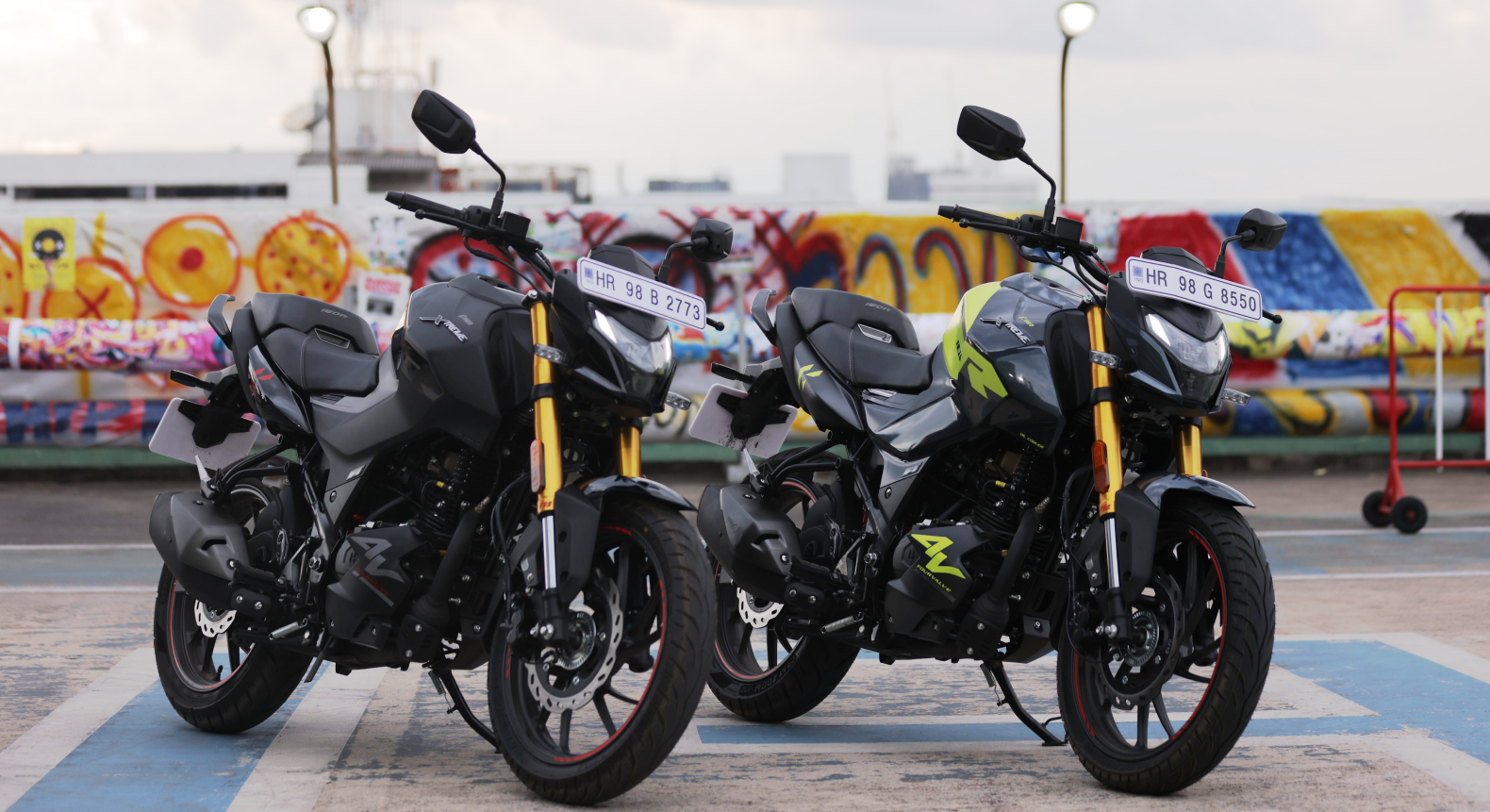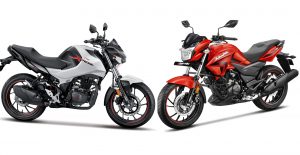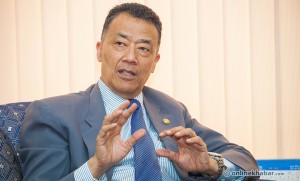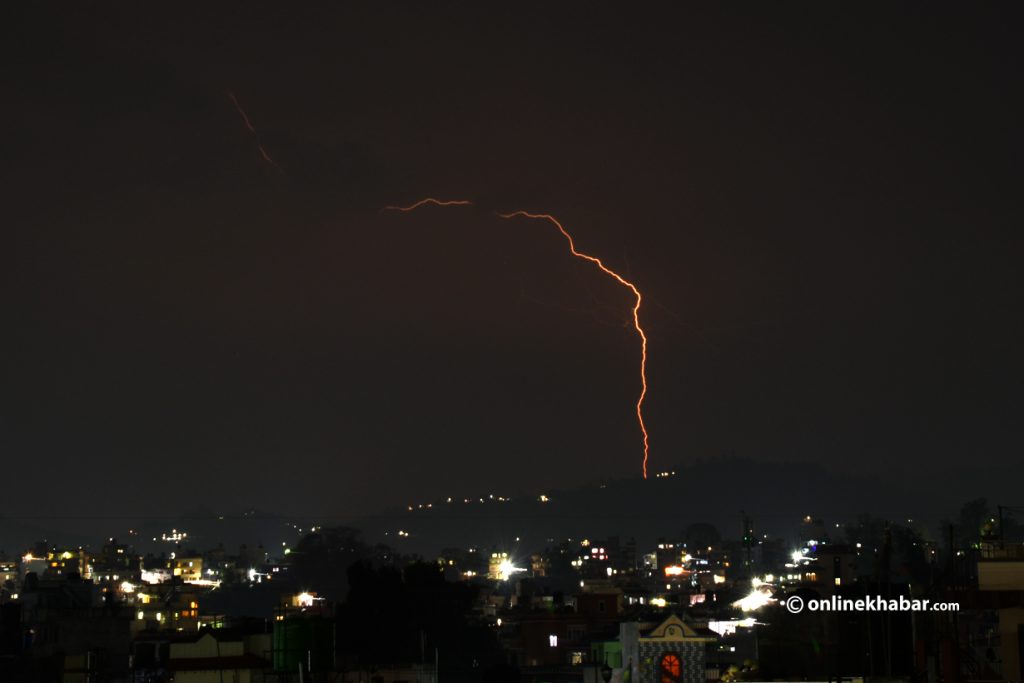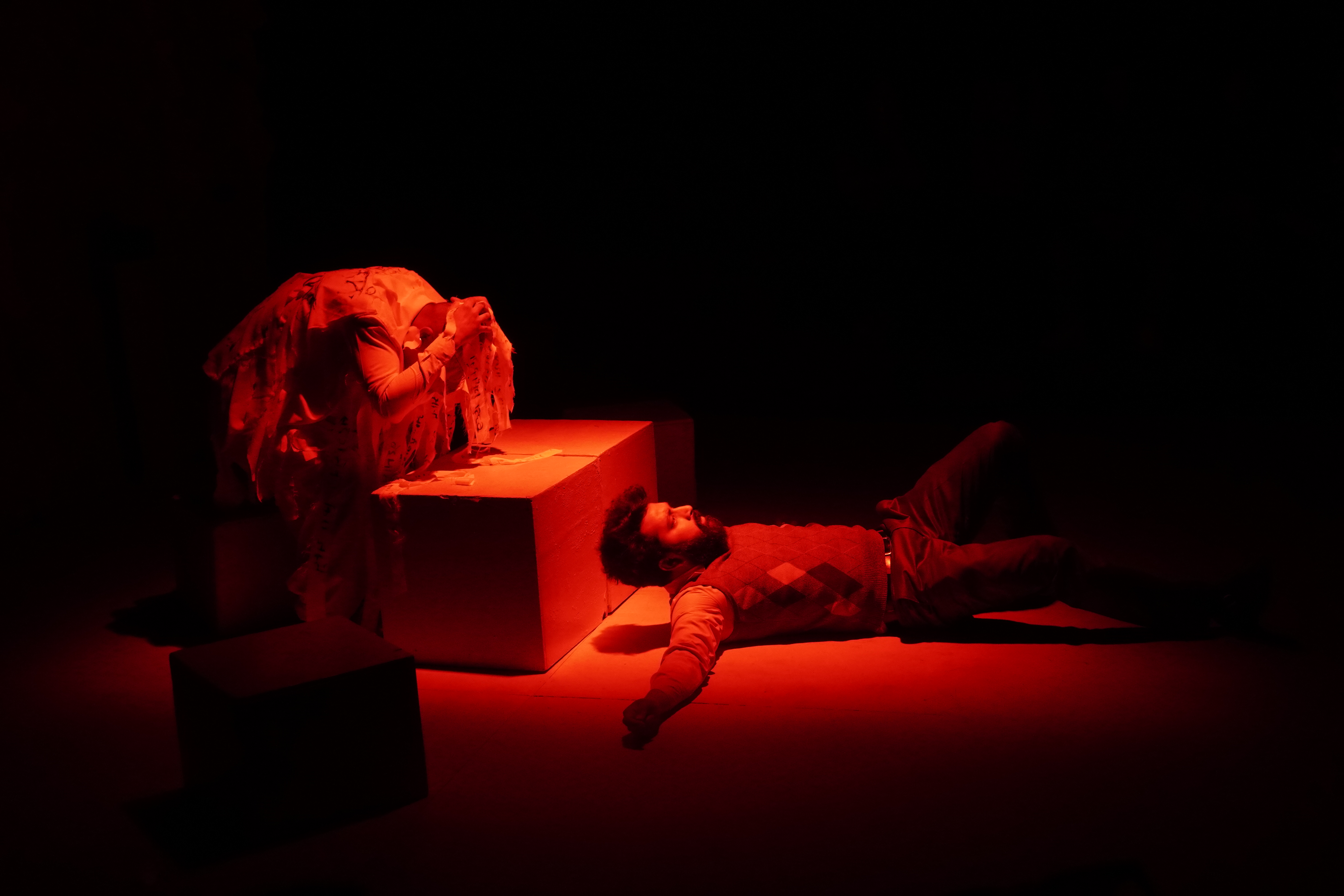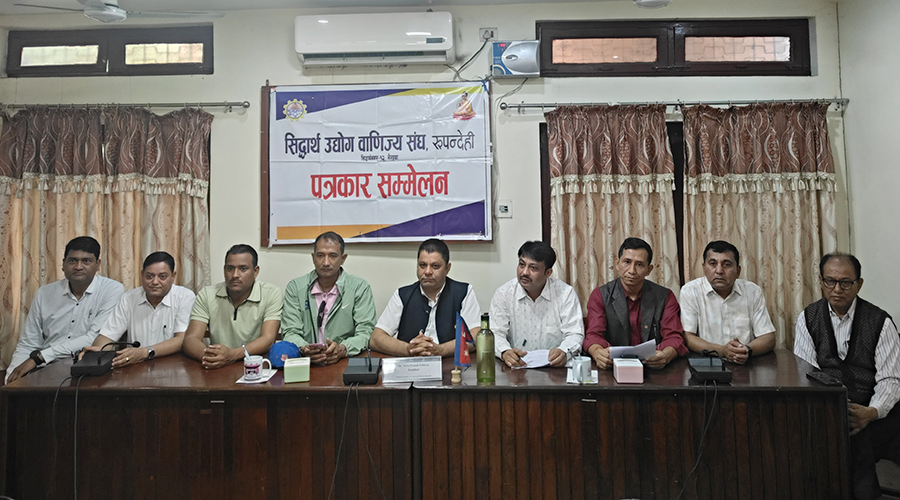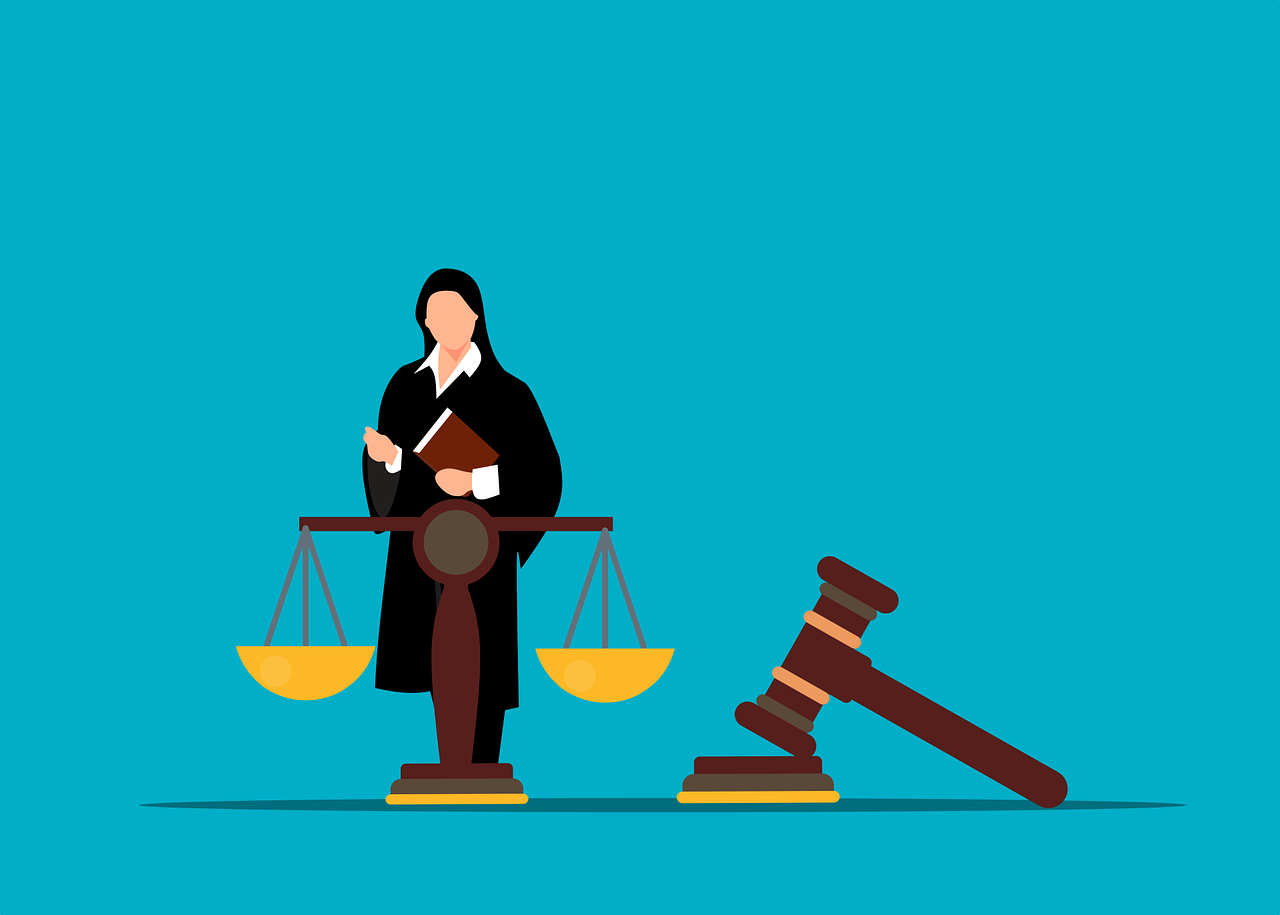
Kathmandu, February 14
Jyoti Group, a leading conglomerate involved in Nepal’s auto market, has accused Hero MotoCorp of trying to betray it by warning of cancelling the dealership for the sale of Hero motorbikes and scooters in Nepal.
Nepal General Motors, a subsidiary of the group, has also filed a case against Hero MotoCorp, asking the court to interfere and bar the company from appointing a new dealer. The NGM has also received an interim order in its favour.
In the meantime, Jyoti Group Chairperson Roop Jyoti has expressed his hope that Hero MotoCorp will rethink the management’s decision and continue the dealership.
Onlinekhabar has interviewed Chairperson Jyoti about the recent dispute. Here is a summary of his answers.
—
“We had been working with Hero MotoCorp for nearly 40 years. Jyoti Group aligned with Hero when Hero and Honda split. The brand had good sales in Nepal as we had been selling more two-wheelers than the target the company would assign us.
Recently, the government encouraged establishing assembling plants within Nepal, hence we talked with the company and began the construction work in Parawanipur.
In the process, it quoted quite expensive prices for CKD parts, but we accepted the quotation, also considering the prices that Bajaj and TVS have been working at in their Nepal-based assembling plants.
All the equipment got installed at the plant and we asked the Hero team to inspect the site. They came, but they began to deviate from the earlier agreement. Expressing surprise over the concessions the government has given us for establishing assembling plants, they insisted they should be given similar benefits.
We said, “Jyoti Group spent nearly Rs 1 billion on the plant on our own. There are additional operating costs and investment risks, which we will bear. We don’t know when the government will withdraw from the concessions offered. Hence, you cannot expect a similar facility from us.”
But they did not accept this; they did not see our risks; they just eyed the concessions we enjoyed. Instead, they offered us regular rents of the plant which we could take from them for each of the motorbikes assembled there. We were not in a position to accept this; no industrialist could accept such proposals if they have the right business sense.
As Jyoti Group did not agree, they increased the prices of the CKD parts by around 18 per cent from the previous quotation. In fact, they had already included the assembling costs in the quoted prices, and we had compromised that considering our long relationship with them. But, they launched a new ploy to keep all the benefits in India by increasing the prices by 18 per cent. We protested this because we had never expected such illogical demands from them.
Then, they threatened us saying they would remove us from the dealership and revoke the contract. Nonetheless, they have not taken any initiative towards this end yet.
It is not easy to cancel the dealership. We have the bikes and scooters for the next 10 months in our stock, and so is the stock of spare parts. Our service centres are operational and there are around 500,000 consumers, thousands of whom have signed financing agreements with us. It means they have to make all the transactions evaluating everything; otherwise, there will be an injustice to thousands of Hero bike users.
Jyoti Group established the assembling plant with a vision of a long-term partnership. We invested billions of rupees in the plant and created a giant nationwide sales network. But, the Hero MotoCorp management did not care about anything and tried to betray us.
Our relationship with the Munjal family, the promotors of Hero MotoCorp, is decades old. We are one of the oldest partners of them. They should have considered this and made a prudent decision. But, the company’s bureaucracy did not think that way; they tried to betray us.
I still believe the Munjal family will correct the mistake of their staff.
But if the company goes ahead with its unilateral decision, Jyoti Group will not keep mum; we will go for a legal remedy. If the company wants the continuity of its brand value and business here, it cannot be possible with such a unilateral decision. It is not possible for the company to establish a partnership with any other without settling the legal dispute with us. We wish it could think of its brand value and the interest of its consumers before it is too late.”




